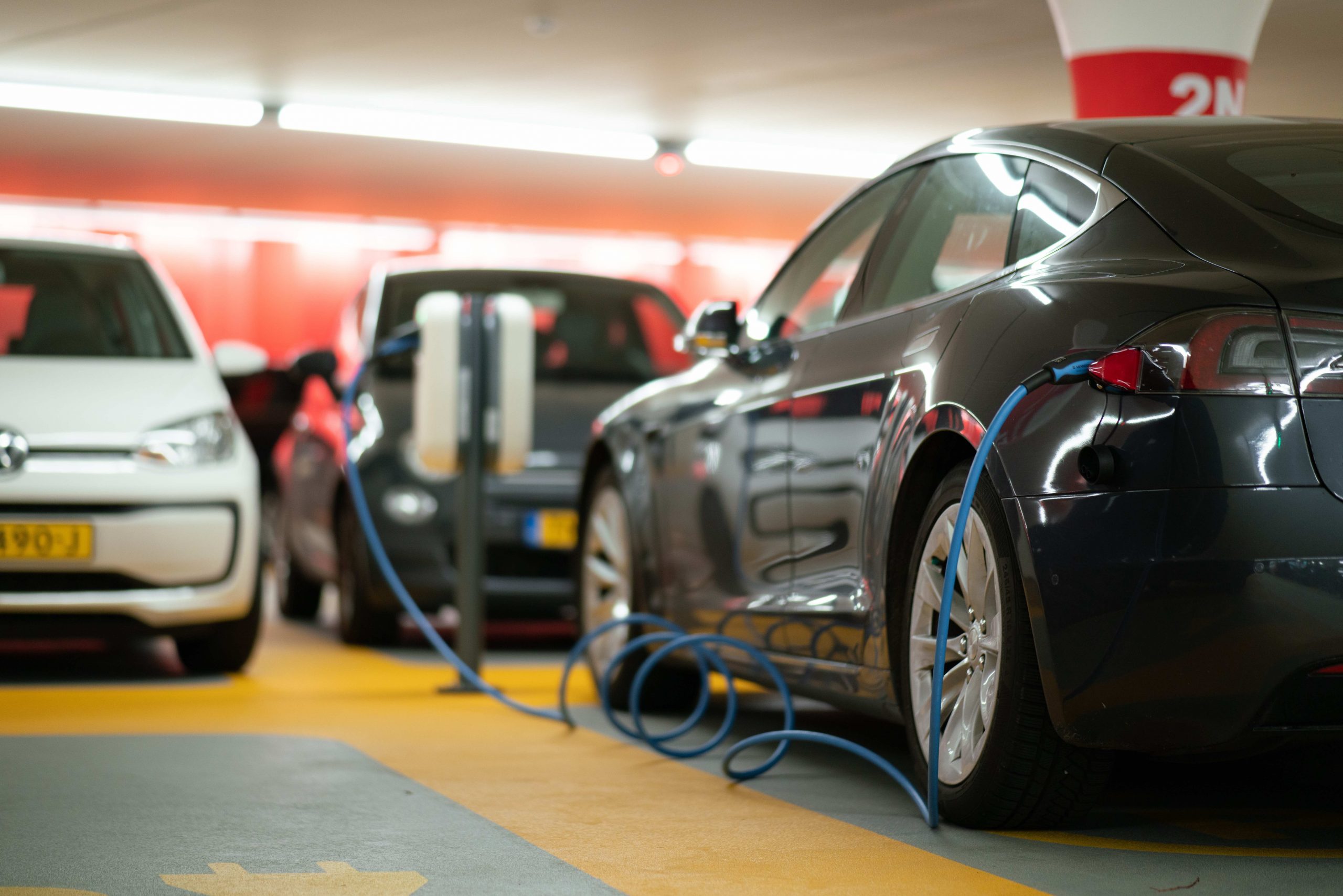
Sci&Tech Writer Jacob Dawson investigates the eco-impacts of electric vehicles and hydrogen powered cars
Electric vehicles in recent years have soared in popularity amongst those looking to make their lives and transport more climate friendly. Large companies like Tesla have invested and innovated hugely in EV’s which makes them currently the largest player in the market. In turn several governments have looked to EV’s to reduce national climate emissions by encouraging people to sell their cars for an electric vehicle. Since 2021 the UK government has been operating a grant scheme for electric vehicles to make them more affordable for car owners. As a result of schemes and developments like this many especially within the private sector are hailing EV’s as a key driver in reducing C02 emissions.
Green hydrogen is also in the process of becoming viable as an alternative fuel source for cars and heating, however currently the vast majority of hydrogen still comes from fossil fuels despite the ability of nuclear and renewable sources to make hydrogen carbon free. Electric vehicles however present a lot of issues still to be addressed.
“Cars, no matter how they are powered, are terrible for our cities, economy and environment
Firstly, electric vehicles do not change the fact that cars, no matter how they are powered, are terrible for our cities, economy and environment. Dreadful urban planning in many large cities around the world can largely be attributed to cars and the car industry, in order to make space for the rising amounts of cars on the road cities have ended up carving space for huge highways and motorways.
This in turn has pushed more climate friendly public transport options like trams, bikes and buses to the side-lines on top of taking three quarters of a street and making it unsafe for humans to walk on. Prague, for example, has suffered largely from this phenomenon, despite having an extensive network of public transport options including metro, buses, trams and bikes. Prague’s historic beauty has been slashed by the need to cram cars and streets into historic neighbourhoods for ‘accessibility’. Bad urban planning therefore is a car issue, and turning cars electric does not change this fact. Creating sustainable cities will require several steps including reclaiming streets for people and phasing out cars (both electric and non) in favour of sustainable and walkable cities.
Economically speaking electric cars are also not a viable option. Under capitalism and current rules and regulations in the UK, electric cars are not affordable outside of middle class urban elites; in most cases members of the working class cannot afford £50,000 to switch to an electric car, even if The Times argues that this is “an investment”. Though not without merit, this argument is reliant on having low electricity bills to balance against the upfront cost of the car which, given the cost of living crisis, seems unlikely. On top of this, limited availability of charging stations (especially in rural areas) provides another case against EV’s.
“Electric cars are not affordable outside of middle class urban elites
Finally, EV’s themselves are also not as climate friendly as people often suggest. Geopolitical strategist Peter Zeihan reminds us of “the fact that almost all of the processing for all the materials and all the mid assembly (of electric vehicles) is done in China on coal power”. The data used by Tesla to calculate carbon emissions does not include the data on emissions from mining and assembly, processes which are almost always done using grids powered by fossil fuels.
Globalisation has allowed for all the necessary materials for EV’s to become widely available. Whether this trend will continue is up in the air, however what is clear is that EV’s nonetheless face huge issues which hamper their ability to be effective. In order to truly combat the climate crisis, attitudes amongst car owners must shift to be more collective. Abandoning the selfish notion that cars give freedom will allow for us to adopt an approach based on collective public transport which in turn breeds many more positive knock-on effects for working class people (such as?). Right now, we should invest in systemic changes in our society rather than misguided electric vehicles.
If you enjoyed this article, check out more of our Climate Question Features from Sci&Tech here:
Climate Questions: Should we Build More Nuclear Power Plants?
Comments